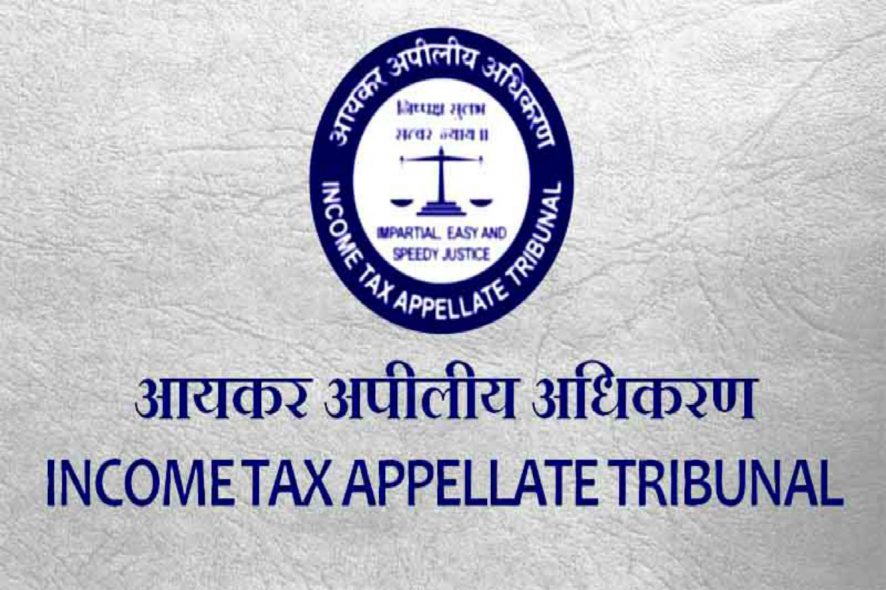Income Tax Appellate Tribunal, Delhi: Dealing with the validity of the order passed under section 143(3), which was passed by an officer who did not have the Jurisdiction on the case of the Assessee and whether, the second Statutory notice issued under section 143(2) by the jurisdiction Assessing Officer, is also barred by limitation. The tribunal has reiterated that the notice under section 143(2) can be issued within a period of six months from the end of the financial year in which the return was filed. Further, on the point of jurisdiction relating to the issuance of notice also makes the notice under Section 143(2) void-ab-initio
The return of income for Assessment Year 2015-16 was e-filed by the Assessee on 2/9/2015 declaring a total income of Rs. 8,76,900/-. The case was selected for complete scrutiny under CASS. The Assessing Officer after considering the submissions and the relevant documents passed the final assessment order u/s 143 (3) of the Income Tax Act on 1st May, 2017, and accepted the declared income by the Assessee.
The Principal Commissioner of Income Tax (CIT) issued a notice under Section 263(1) on 16/08/2017. The Principal CIT vide order dated 7/11/2017 set aside the original assessment order and directed the Assessing Officer to pass the assessment order afresh.
Being aggrieved by the order u/s 263 of the Income Tax Act, 1961 passed by the Principal CIT, the Assessee preferred an Appeal before the Income Tax Appellate Tribunal (hereinafter referred as to “Tribunal”).
Whereby, the tribunal was pleased to held that the notice under section 143(2) can be issued within a period of six months from the end of the financial year in which the return was filed. Further, on the point of jurisdiction relating to the issuance of notice also makes the notice under Section 143(2) void-ab-initio.
“The tribunal was pleased to held that the notice under Section 143(2) can be issued after an income tax return has been filed but within a period of six months from the end of the financial year in which the return was filed. Thus, the first notice under Section 143(2) was issued on 01.08.2016 which by the non-jurisdictional Assessing Officer and jurisdictional Assessing Officer issued the notice on 10.03.2017 which is beyond the limitation period as per the statutory provisions of the Act. Thus, the notice is time-barred and hence, the assessment itself becomes void-ab-initio.
the proper jurisdiction of the Assessing Officer in the present case is that of DCIT, Circle 25(2) as the assessment for A.Y. 2014-15 has proceeded before the said Assessing Officer in Assessee’s case. There was no change of jurisdiction sought by the Revenue as per Section 124 read with Section 120 of the Income Tax Act, 1961. Thus, on the point of jurisdiction relating to the issuance of notice also makes the notice under Section 143(2) void-ab-initio.”
[Nirmal Gupta v. Pr. CIT-9, 2021 SCC OnLine ITAT 345, decided on 22.06.2021]
† Advocate, Supreme Court of India and Delhi High Court







